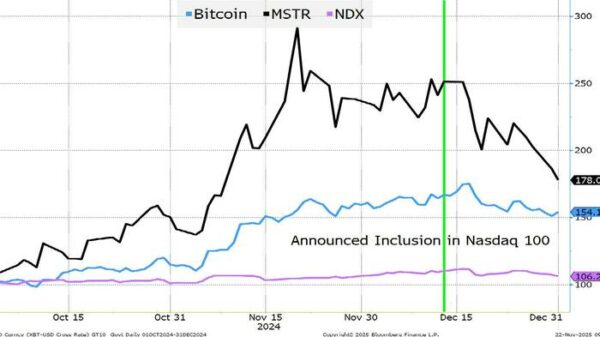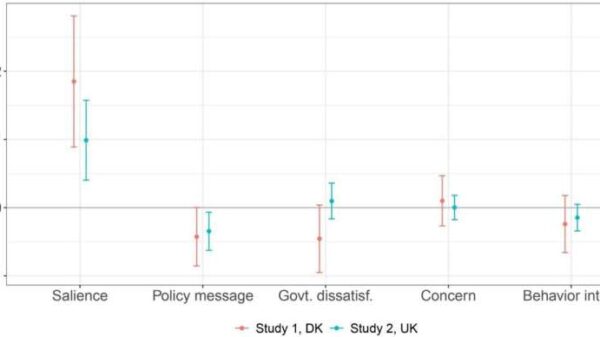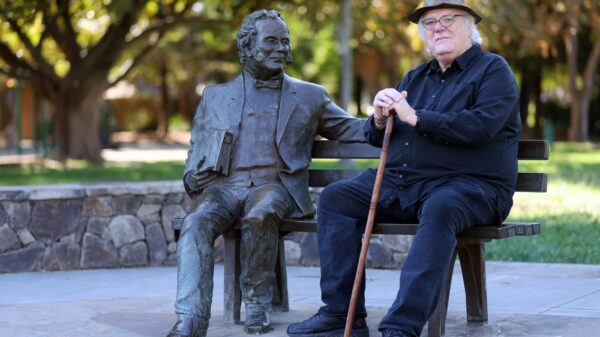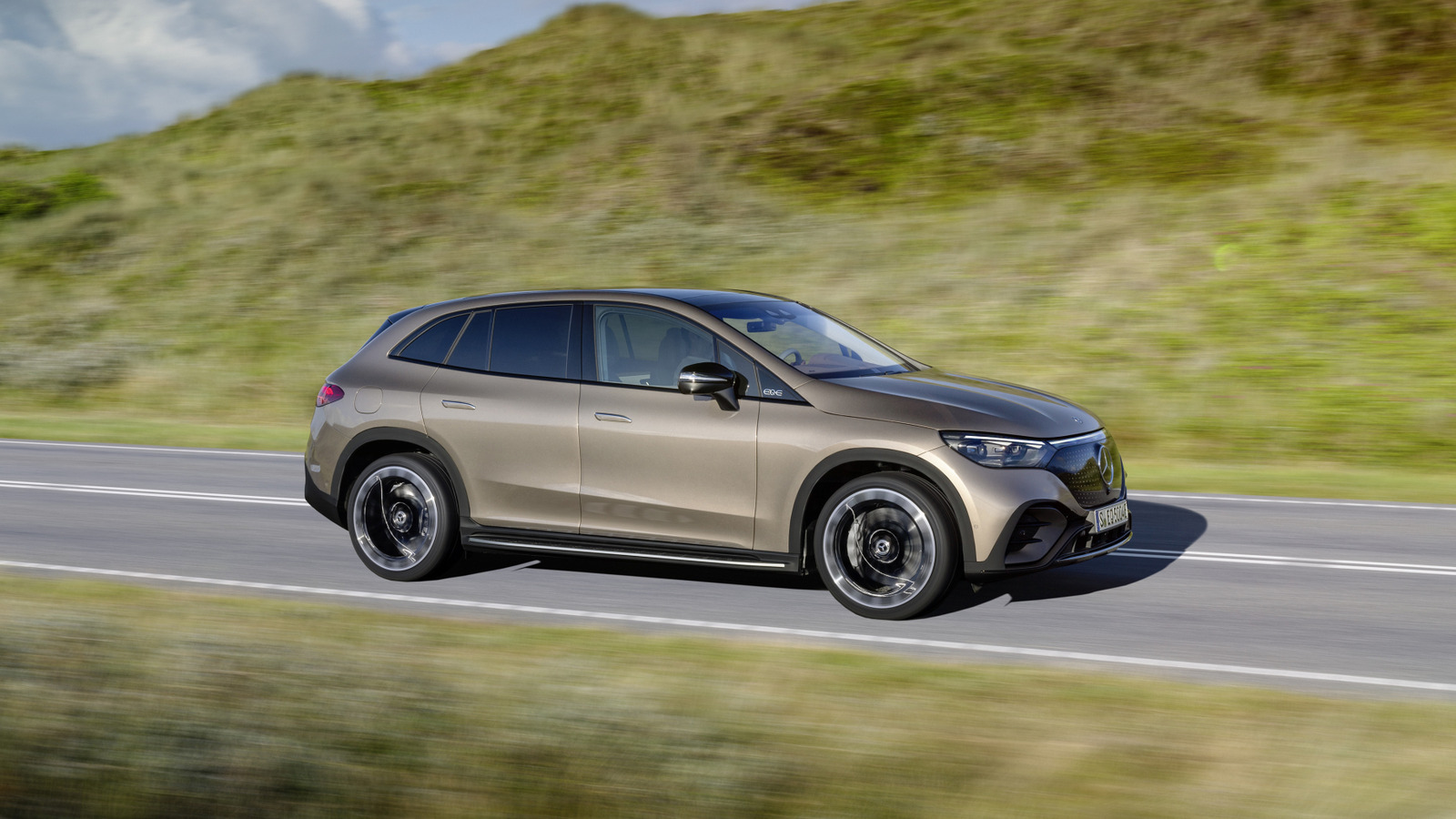UPDATE: Major automakers are adjusting their strategies as electric vehicle (EV) sales continue to fall short of expectations. Mercedes-Benz has just confirmed a significant shift in plans, retaining internal combustion engines and hybrid powertrains amid a challenging market landscape.
The latest data shows that EVs were projected to account for a much larger share of annual sales, but with the recent changes to government incentives, manufacturers are now forced to reconsider their commitments to electrification. The U.S. market particularly faces a unique situation where combustion engines are enjoying a resurgence, while hybrid models are experiencing renewed interest.
According to a report by Automotive News, Mercedes-Benz is no longer pursuing a complete transition to electric vehicles. Instead, the company is rolling out models that can use all three types of propulsion: electric, hybrid, and combustion. This approach allows the automaker to capitalize on its brand strengths while maintaining profitability through traditional technologies.
Industry insiders express concern over the slow adoption of EVs. Many executives agree that customer preferences must be prioritized. If consumers are hesitant about fully electric vehicles, automakers cannot push them into acceptance without substantial government support. This sentiment is echoed by executives from BMW and the Volkswagen Group, who are also grappling with similar challenges in the U.S. market.
The struggle is compounded by the underperformance of EV startups, including Tesla, Lucid, and Rivian. The reliance on these companies to generate new EV customers has diminished, forcing established automakers to navigate the transition independently.
Why is the transition taking longer than expected? Five years ago, experts believed that once EVs captured 20-25% of the market, rapid growth would follow. However, this has not materialized in the U.S., where the shift from traditional vehicles to EVs is proving to be more gradual. Customers face multiple barriers, including charging infrastructure, software compatibility, and the higher upfront costs of EVs compared to gas-powered cars.
The complexities of EV ownership, such as the need for reliable charging and the weight of the vehicle, make many potential buyers hesitant. While electric technology has been around for years, the practical application in transportation remains a hurdle for many consumers.
Automakers remain focused on profitability, and as long as combustion engines provide reliable margins, they will continue to be part of the mix. The current landscape is a balancing act between innovation and established technology, and companies must adapt quickly to shifting consumer demands.
As the automotive industry watches closely, the path forward for EV adoption remains uncertain. Executives are now looking towards potential collaborations to mitigate risks associated with electric vehicle development.
Stay tuned for further updates as this situation evolves and more automakers reveal their strategies in response to the changing market.




































































